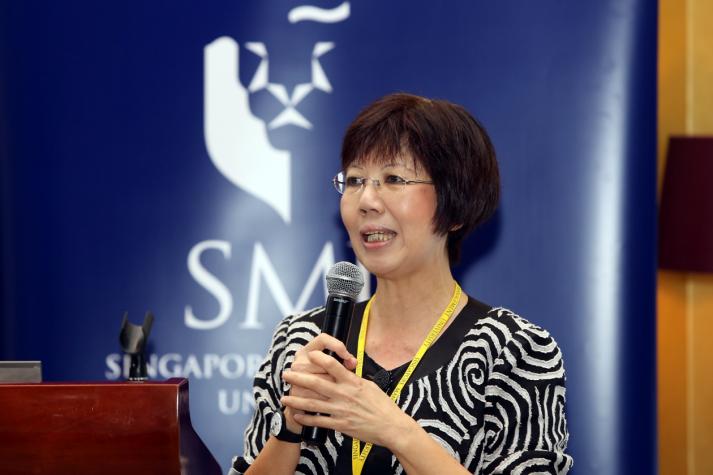
Business founders in Asia are delaying passing the reins on to the next generation, despite wanting to keep their company in family hands, a new report out of Singapore reveals.
According to Asian business families succession: going the distance with the next generation, the first generation of a family firm is only likely to cede management control in their 70s.
Released by Deloitte and the Business Families Institute at Singapore Management University, the report revealed 62% of business founders said their 70s was the best age for them to transition out of management of the family firm.
This is despite the fact that 46% of business founders thought next gens would ideally take control of the family firm in their 30s and a further 46% said this would ideally happen when the successor was in their 40s.
When it came to the succession process, the majority of Asian family businesses spend five to 10 years training the next generation. This was labeled the development stage of the succession process, whereby training takes place through a mixture of education and experience.
The development stage is preceded by the initiation stage, whereby next gens are introduced to the business, and it is followed by the selection of the appropriate next gen to lead the business, and the transition of control and management from one generation to the next.
Forty-six per cent of family businesses said they were currently in the development stage of the succession process, while 34% were at the transition stage. Twelve per cent said they had not started succession planning.
The final phase of the succession process was the review stage, which 20% of family businesses surveyed said they were currently involved in.
In addition to business founders’ reluctance to pass management and control on to their successors, the report revealed a number of other findings that could be attributed to the first generation’s closer attachment to the company.
For example, 77% of first generation business leaders wanted a family member to succeed them, compared to 35% in the second generation and 24% in the third generation.
The short-term priorities of first and successive generations in regards to investment-related issues also differed, with 83% of first gens stating that the stewardship of family assets was the area where they felt they needed the most support within the next one to two years.
This fell to 72% in the second generation and 36% in the third generation.
In contrast, the most pressing short term issue that next gens wanted support with was establishing a family office, with 78% of second gens and 82% of third gens seeing this as a priority.
In contrast, only 50% of business founders were interested in seeking support to establish a family office in the short term, however, this rose to 67% when founders were questions about their medium term priorities.
A total of 83 business families were questioned for the report, with the majority of participants coming from Indonesia, Singapore and Thailand.
Please click here for the full article.